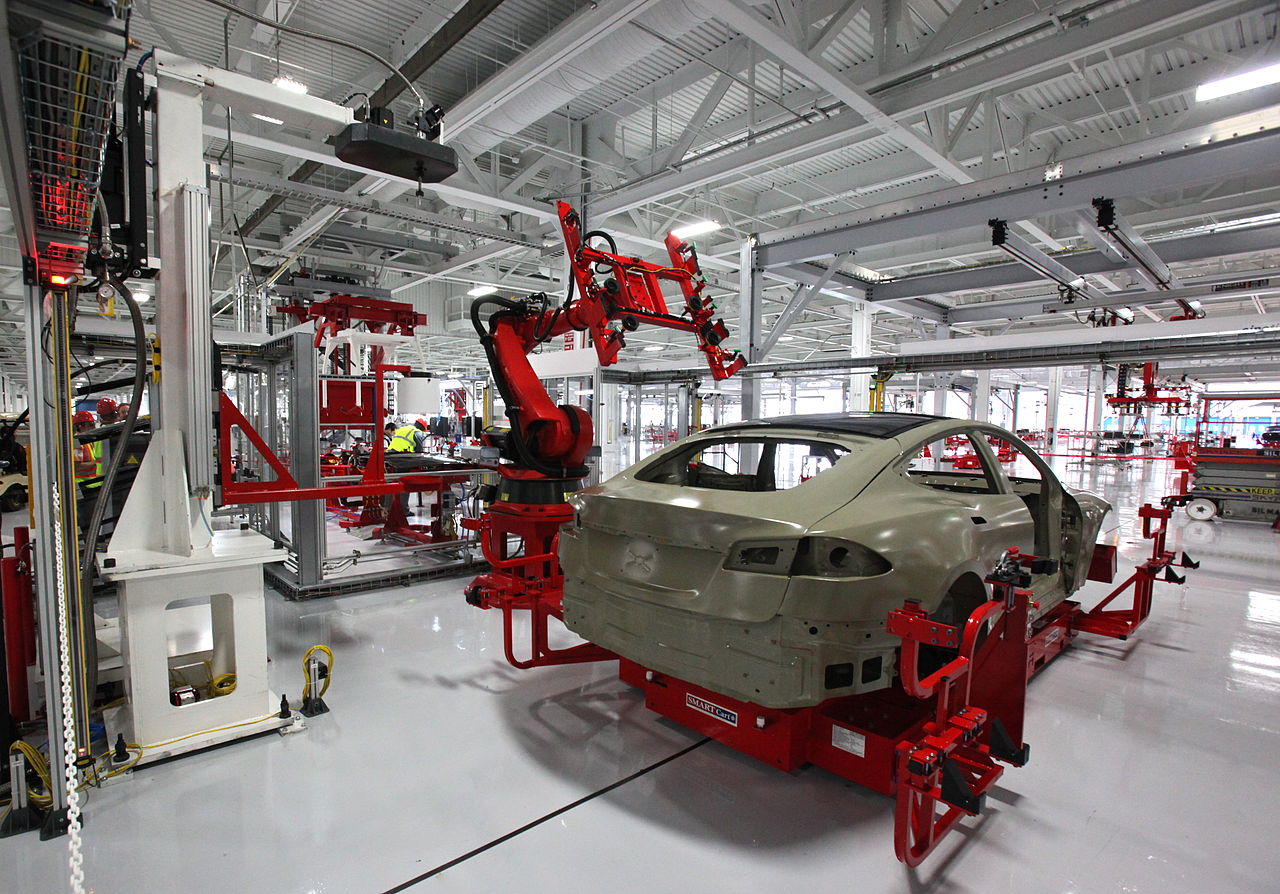Arris Composites: Next-Gen Manufacturing Solutions
Arris is addressing the limitations of 3D printing and composite manufacturing.

Composite materials and 3D printing have been heralded as revolutionary for mass market manufacturing. While these advancements have proven useful across industries, they also have distinct limitations. Both have steep costs and scalability issues that present challenges for manufacturers seeking to replace or supplement their production workflows.
Arris Composites, an AVG portfolio company and deal accessed by our Spike Ventures fund for the Stanford community, is developing next-gen composites with these issues in mind. The company’s manufacturing process can scale production of composite-based parts for aerospace, automotive, and consumer applications. These advancements have attracted the interest of established investors who believe Arris is poised for significant growth.
Scaling for Rapid Growth
Current composite materials and 3D printing capabilities can’t consistently deliver affordable, durable parts that fit manufacturers’ specific needs. Arris develops composite parts with distinct performance benefits over steel and other common materials. The company’s materials and production are generally cheaper than other options due to their proprietary techniques of molding parts and replacing machined metals. These parts can be easily combined with other metals, plastics, wires, and materials.
Arris has two manufacturing facilities in Berkeley with proven capabilities to scale production to industry needs. The company is aiming to grow capacity to at least a million parts per month and add additional manufacturing operations in Taiwan this year. Arris new lead investor Taiwania Capital has been advising the company closely and making introductions to influential leaders in the region.
High Praise from Established Investors
Taiwania and returning investor New Enterprise Associates are both established VCs specializing in this specific sector and company stage. Additionally, partners at both firms believe Arris has the potential to become a multi-billion dollar game changer in the composite manufacturing space.
NEA partner and Arris advisor Jeffrey Immelt has strongly endorsed the company’s capabilities. Immelt, former CEO of GE for 17 years, explained that, “What we did at GE Plastics in automotive to replace non-structural metal with low cost/lightweight injection molded composites in the 1980s, Arris has now enabled for the rest of the vehicle.”
AVG and Spike Ventures (for the Stanford community) were able to access a $48.5 million Series B round co-led by Taiwania and NEA through an alumni connection and co-investor relationship. Taiwania partner Huang Lee previously led the round AVG participated in for Light Field Lab. Additionally, Lee earned his PhD from Stanford, and NEA partner Forest Baskett previously taught at the university. AVG’s funds frequently leverage alumni networks to build relationships with entrepreneurs and established VCs.
Several AVG sibling funds also participated in the round, including Blue Ivy Ventures (for the Yale Community), Congress Avenue Ventures (for the UT Austin community), Chestnut Street Ventures (for the Penn community), Green D Ventures (for the Dartmouth community), Nassau Street Ventures (for the Princeton community), Purple Arch Ventures (for the Northwestern community), Strawberry Creek Ventures (for the UC Berkeley community), and the Total Access Fund.